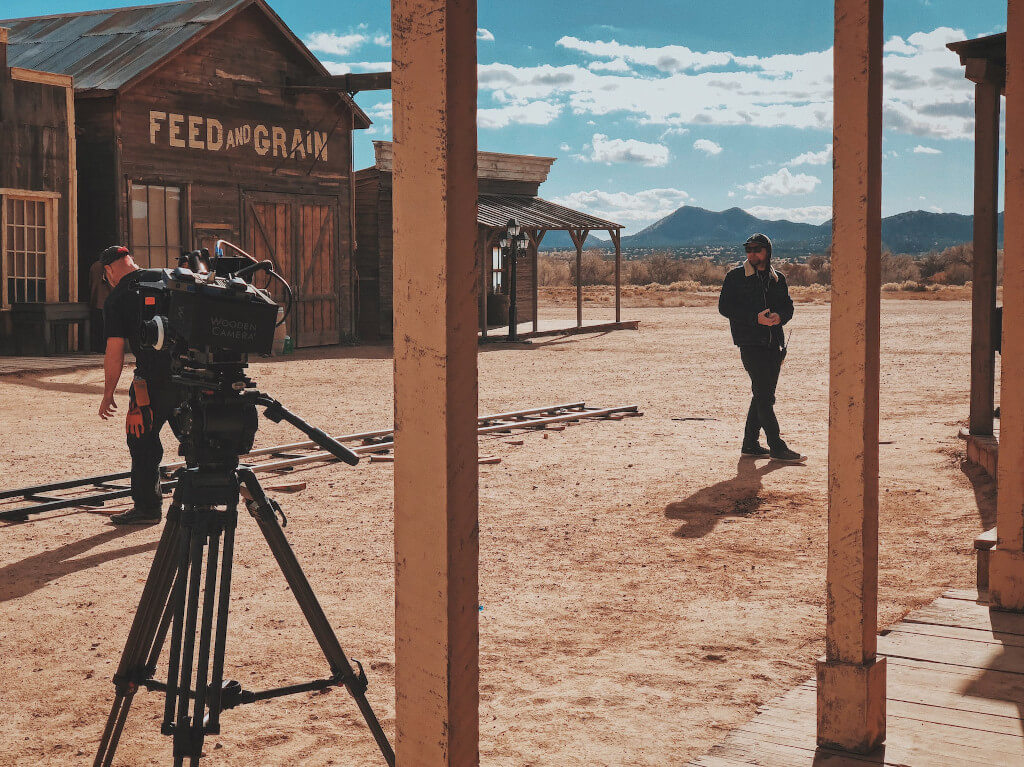Cape Town has always been a popular location for shooting films and TV shows abroad. Filmmakers can take advantage of a wide variety of settings, facilities, and local talent in this thriving South African metropolis. But as with any overseas filming location, success depends on knowing and following the local regulations. The community, the city’s natural beauty, and the film industry’s reputation are all protected by strict adherence to local film restrictions. We will look into the specifics of Cape Town’s film legislation, offering helpful advice to filmmakers considering setting up shop in this exciting metropolis.
While preserving the city’s citizens, ecology, and heritage, Cape Town’s film regulation system is meant to make filming as easy and safe as possible. The City of Cape Town’s Film Permit Office is in charge of this system and can be reached for any questions or applications regarding filming in the city. Depending on the nature and scale of the output, this office collaborates with other entities like the South African Police Service, Cape Nature, and various city agencies.
Wesgro, a government organization in the Western Cape, plays a crucial role in marketing Cape Town to filmmakers and offers full service to foreign projects, from pre-production to post-production. Permits, venues, facilitation services, and connecting filmmakers with local production firms and crews are all things that Wesgro can help with.
Authorizations and Regulations
The procedure for obtaining a film permit in Cape Town is simple but requires careful planning. At the very least, you’ll need to give the Film Permit Office a ring 14 days before you want to start shooting. Within this time range, we may hold the necessary discussions with local groups, citizens, and other stakeholders.
Locations, dates, and times as well as the number of cast and crew, vehicles, and equipment to be used, as well as any unique aspects of the production, such as stunts, the usage of animals, or the use of drones, must be specified in the application. You may need special permissions for particular situations or locales. The South African Civil Aviation Authority must approve any drone filming, and the Animal Protection Act must be followed while filming with animals.
Getting a film permit in Cape Town requires proof of public liability insurance. Any potential claims for bodily injury or property damage that may arise during production must be covered by this insurance. Filmmakers can avoid unnecessary delays by being proactive about securing the necessary permits and legal approvals to shoot in Cape Town’s breathtaking settings.
Participating in Neighbourhood Life
While in Cape Town, multinational productions should treat the locals with respect and try to avoid disrupting the peace. Road closures, loud events, and large crowds are all examples of how filming can interfere with regular living. Production companies are obligated to notify and consult with local people, businesses, and community organizations as part of the permit application process.
Strict regulations on noise, lighting, and interruption are in place to keep things as peaceful as possible. The city’s noise ordinances and curfews must be respected while filming. Nighttime filming, the use of loudspeakers, and other disruptive activities require prior approval from the City of Cape Town. Every effort should be made to keep beaches, parks, and streets open to the public during filming. Alternate routes or detours should be made available to the public in the event of any necessary closures or restrictions.

When it comes to international productions, Cape Town’s stock of qualified, professional people is invaluable. If you want to have a professional, productive connection with people in the local film business, you need to study their labor laws and regulations. South Africa’s labor laws address issues including minimum wage, overtime pay, paid time off, sick days, and workplace safety. Understanding these rules is essential for staying out of trouble and keeping the production process running smoothly.
Collaboration with local professionals can benefit greatly from open lines of communication, mutual respect, and an awareness of cultural differences. Local crew personnel are an essential element of any production because of the wealth of information they can supply about the city, its residents, and the rules and regulations that must be followed. They can also help facilitate communication between the production and local authorities, location owners, and community groups for a more streamlined shoot.
Conservation of the Environment
Cape Town has a lot of natural attractions, including beautiful beaches and a wide variety of plant and animal life. To protect the city’s environment, it is imperative that film crews rigorously comply with all environmental standards. Filming in the city is governed by strict environmental laws that mandate recycling, waste reduction, protection of species and habitats, and restoration of filming places. Special effects, pyrotechnics, or anything else that could cause damage to the environment has to be authorized by the appropriate authorities and supervised by trained experts.
Many Cape Town production businesses have gone green in recent years, recycling sets, switching to renewable energy, cutting back on water consumption, and advocating for carbon neutrality. Not only do these methods meet the requirements of individual jurisdictions, but they also aid international initiatives to lessen the film industry’s negative impact on the natural world. Filmmakers can help preserve Cape Town’s natural heritage for future generations by adopting these practices.
The popular television series “Black Sails,” which was filmed mostly in Cape Town Film Studios, is a shining example of a production that strictly adhered to Cape Town’s film laws. Over four years, from 2014 to 2017, a massive production successfully navigated Cape Town’s regulatory framework while showcasing the city’s many locations.
The “Black Sails” production team collaborated closely with city officials to meet all permitting, environmental, and community participation requirements. The production company also made extensive use of local crews and talent, which had a major impact on the economy and the film industry.
The success of “Black Sails” can teach international films that want to shoot in Cape Town what works. The important learnings include the value of early and constant communication with local film offices, the importance of following all applicable environmental and community regulations, and the advantages of working with and hiring local talent. This case study is evidence that doing things the right way from the start benefits everyone involved in the production as well as the city and its film industry.
Responsible and respectful filmmaking requires a thorough understanding of and compliance with local film restrictions, such as those found in Cape Town. To ensure that the city’s citizens and the city’s unique environment are protected while still accommodating the film industry, several regulations have been put in place. Filmmakers may help the city’s film industry thrive by familiarising themselves with and adhering to certain rules and regulations, which will make the production process easier for everyone involved.
The new rules provide a chance for the film industry to make a good impact in Cape Town. International film productions can help sustain and develop Cape Town in several ways, including the hiring of local talent, the promotion of environmentally friendly practices, and the presentation of the city’s different landscapes to an international audience. It’s a win-win situation: the city provides filmmakers with access to its special amenities, and the filmmakers, in turn, help the city become a character in their movies.





